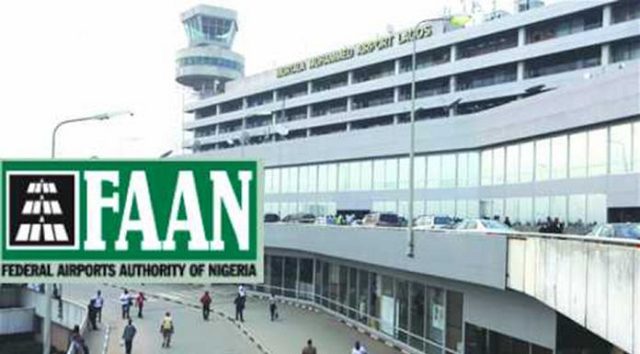About 170 million Nigerians, roughly 90 percent of the population, are living in unclean environment with dire consequences for the health and financial well-being of the people.
This is contained in a 2018 Report released yesterday, by Clean Up Nigeria (CUN), a non-governmental body which also voted Akwa Ibom and Kogi states as the cleanest and dirtiest states in the country, respectively.
The report which covered a one year period, between October 2017 to October 2018, also painted a frightening picture of the general deterioration of the living environment of Nigerians, with the agency issuing a proclamation of a national emergency on waste management in the country.
Prince Ene Baba Owoh, National Coordinator of Clean Up Nigeria, declared while addressing journalists in Abuja that only three states in the country which scored above 50 percent in the CUN index could be considered to be clean, and link the gory picture to the prevalence of 20-35 different sanitation-related diseases ravaging the country today.
The leading states are Akwa Ibom, Cross River, and the Federal Capital which was treated as a state in the report, while Uyo, Abuja and Calabar were voted first, second and third in the state capital category.
Kogi, Osun and Nasarawa states brought the rear in the state category.
The findings also showed a steady and an increasing rate of deterioration of the health of sanitation workers employed by states and private sector practitioners, with mortality of sanitation workers put at 700 annually.
Prince Owoh said the report which involved experts from Canada and Australia also showed that sanitation practices among 33 states and FCT still leaves much to be desired and called for increased Knowledge, Attitude and Practices (KAP) of hygiene to reduce open defecation, and other harmful sanitation and hygiene practices to meet the 2025 Millennium Development Goals (MDGs) target.
Performance indicators used for the study are street/road cleanliness (25%),Vegetation/drainage control (15%), waste management services (30%),Public Opinion (POP)+ Social Media (20%), KAP (10%).
Clean Up the World, Australia and International Council for Local Environment Initiatives (ICELE) Canada funded the study.












